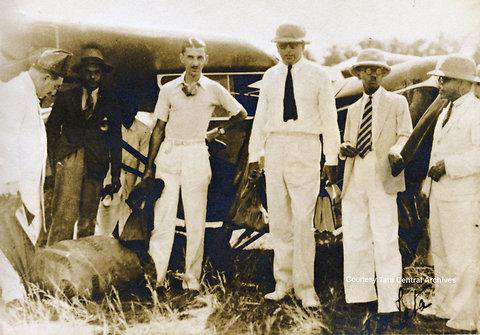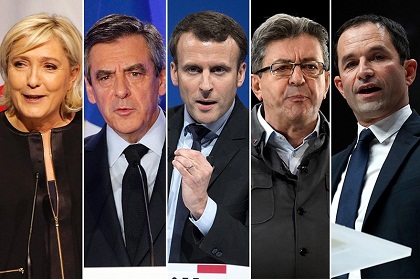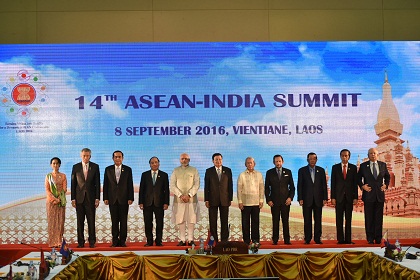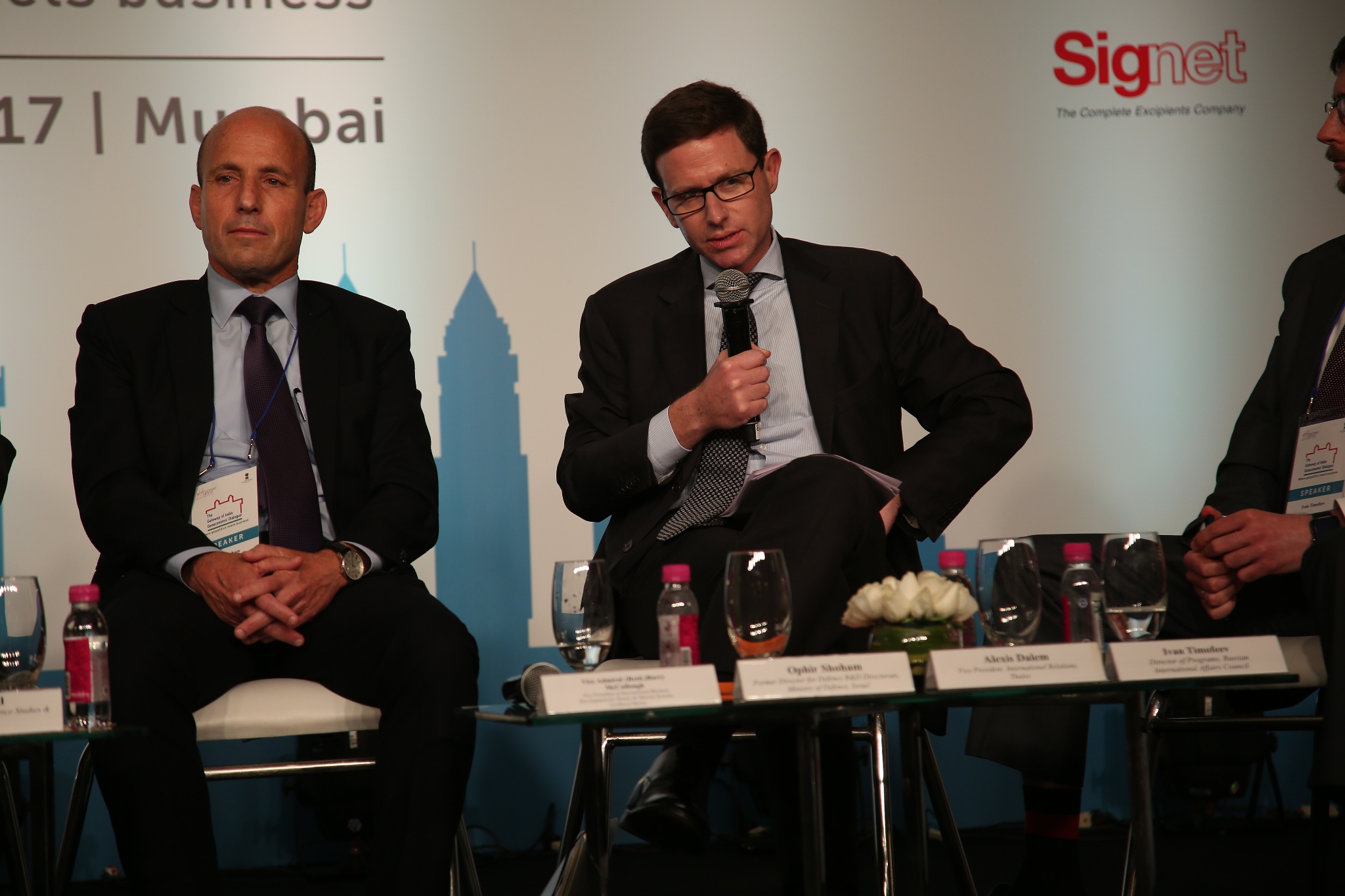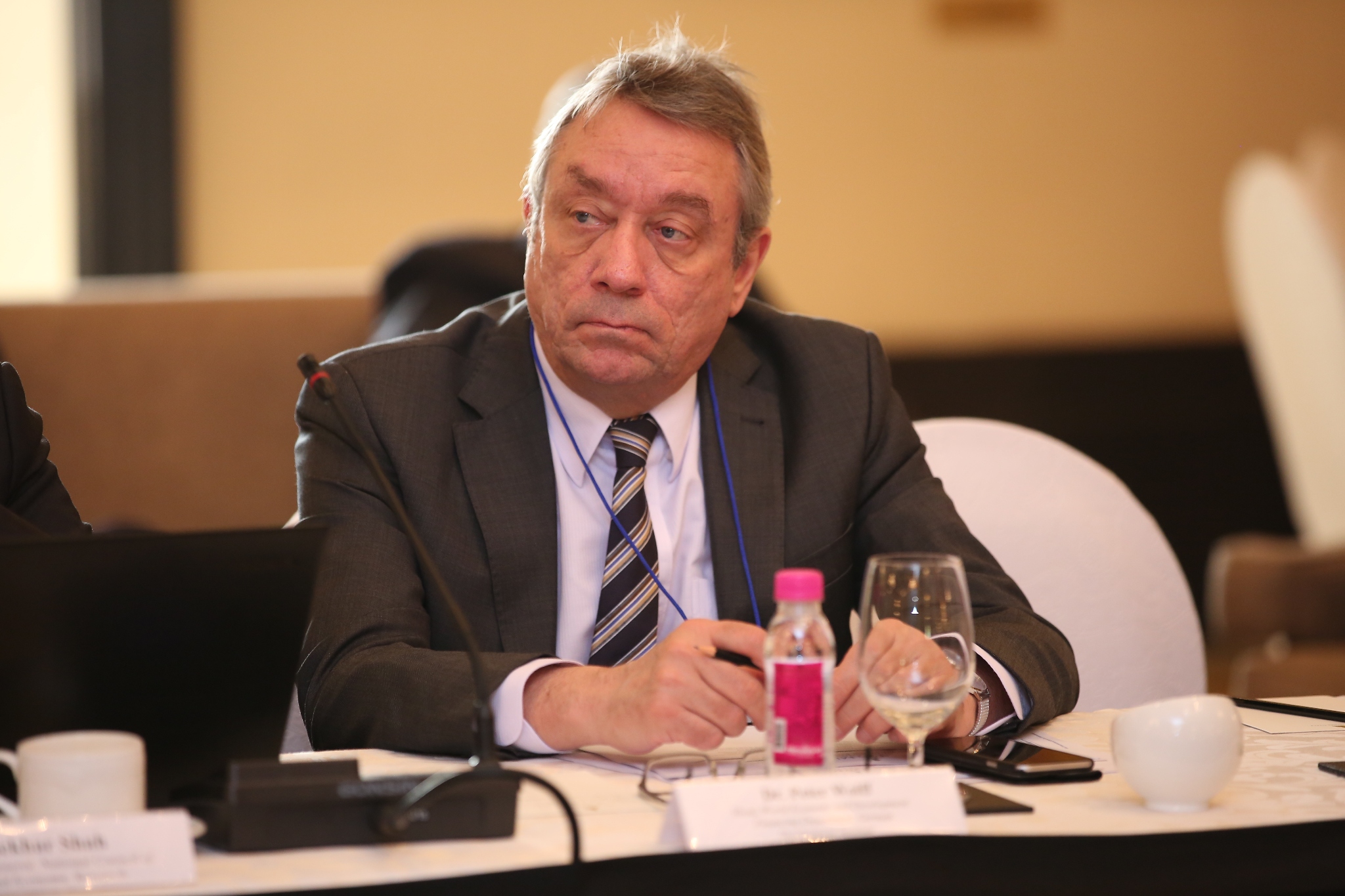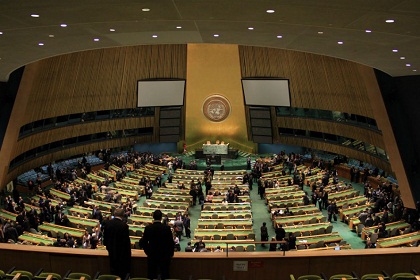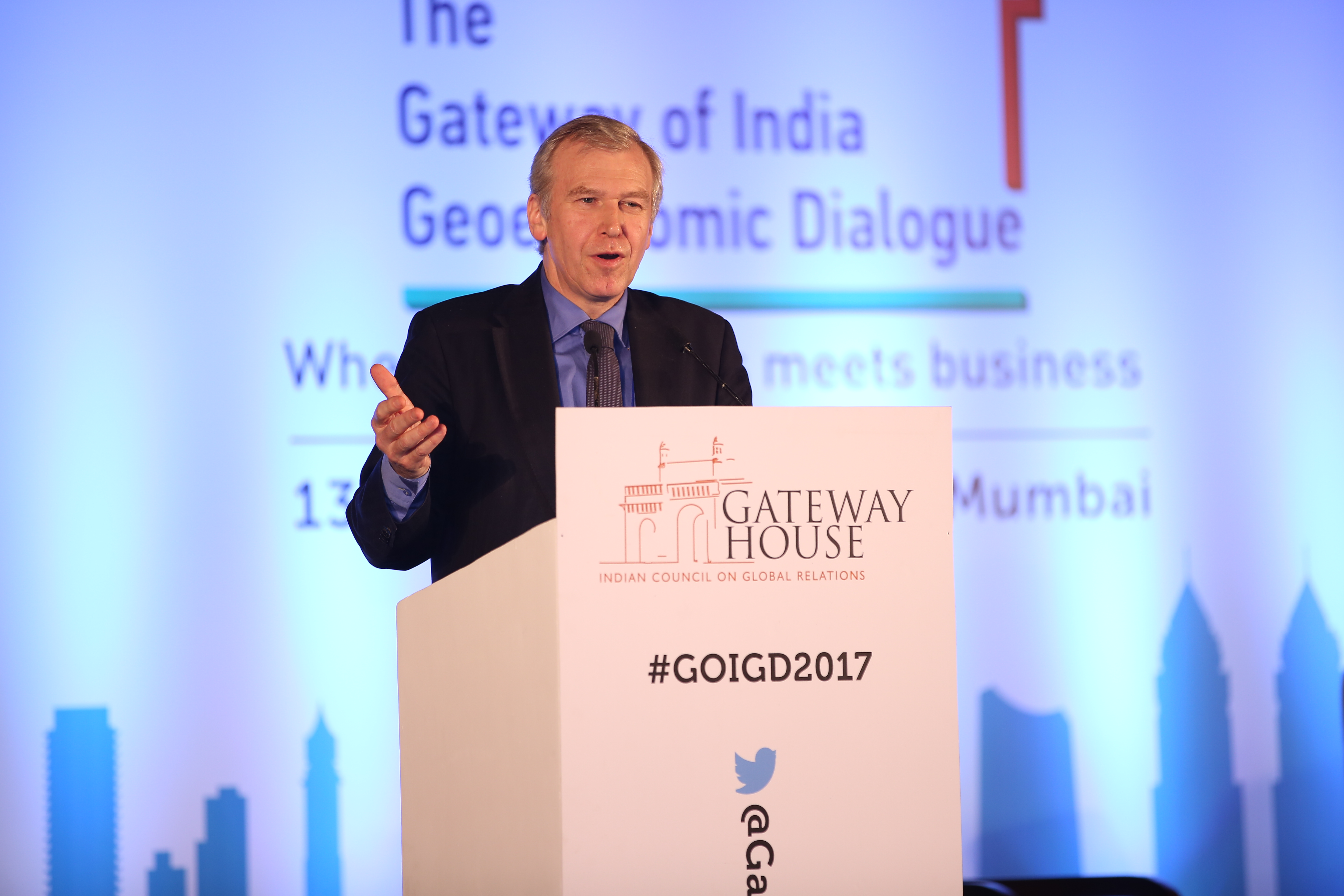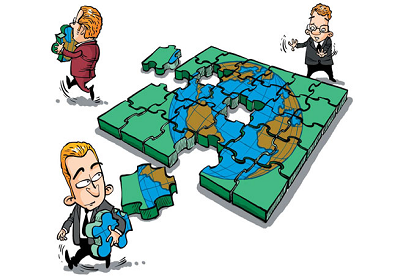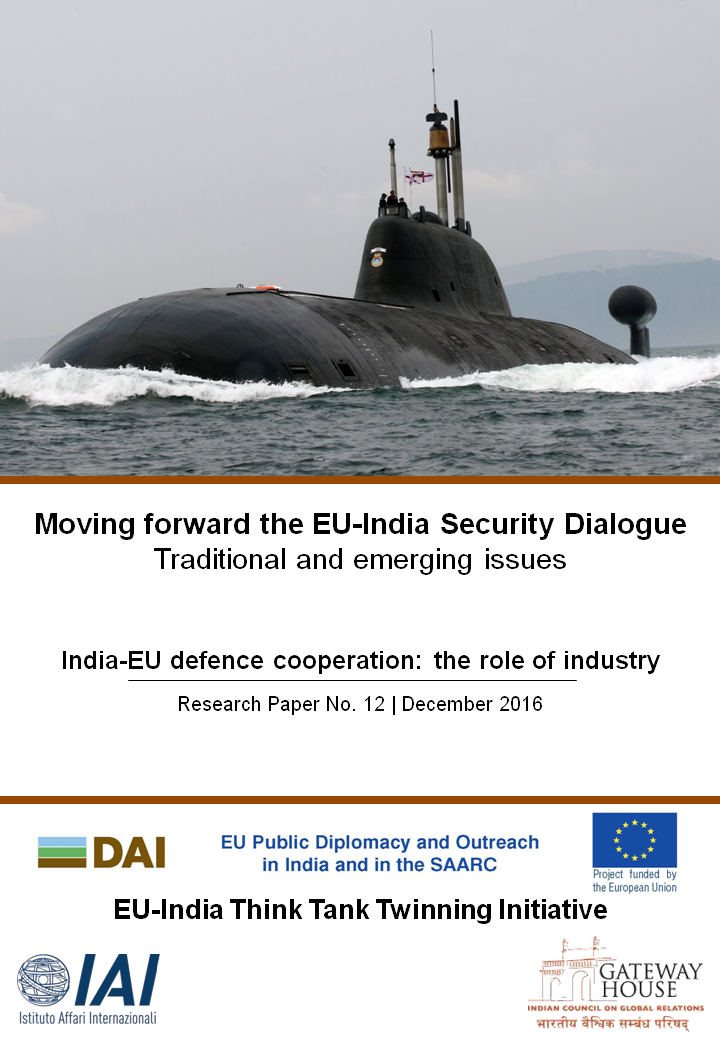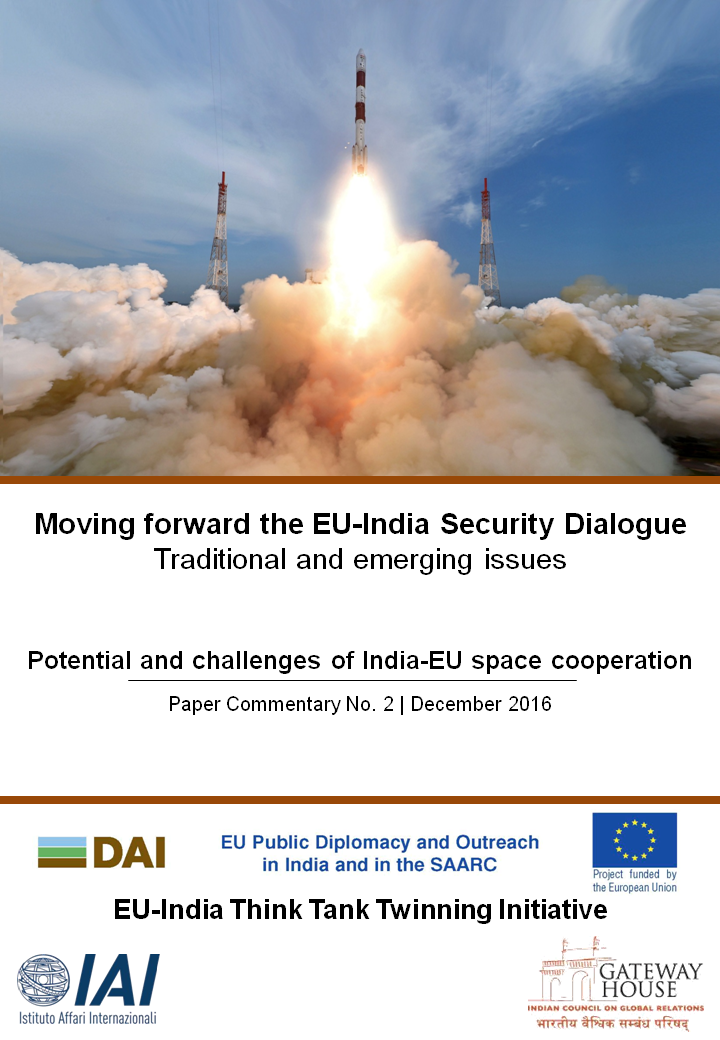More than a whiff of France in Bombay
All eyes are on the outcome of the French elections next month with its portents of a far right president being the people’s choice. But it was 200 years ago that Bombay forged its French connection. Trade with France ushered in cultural influences while the city’s early nationalists were drawn to the French Revolution’s political philosophy of ‘Liberty, Equality and Fraternity’

